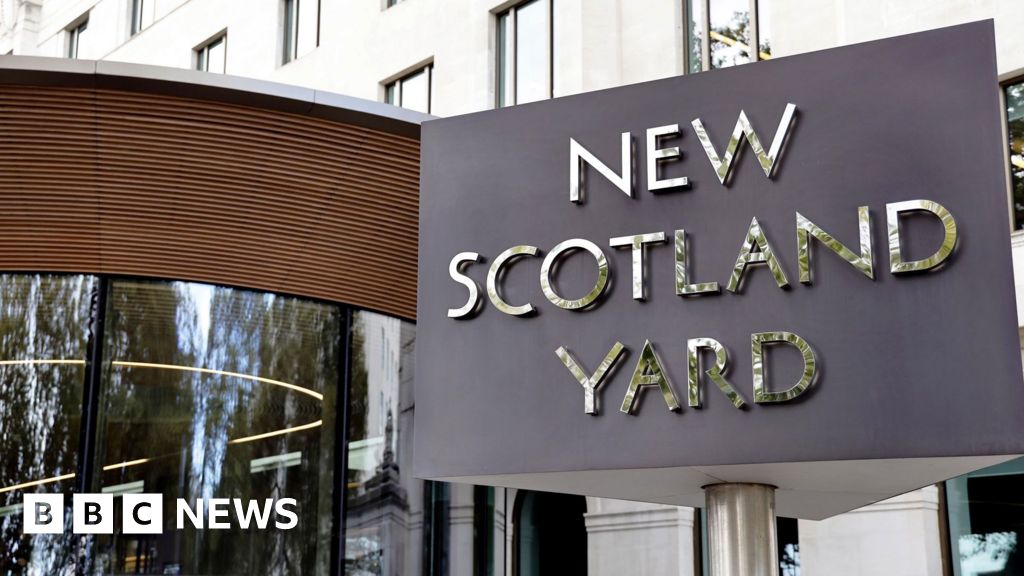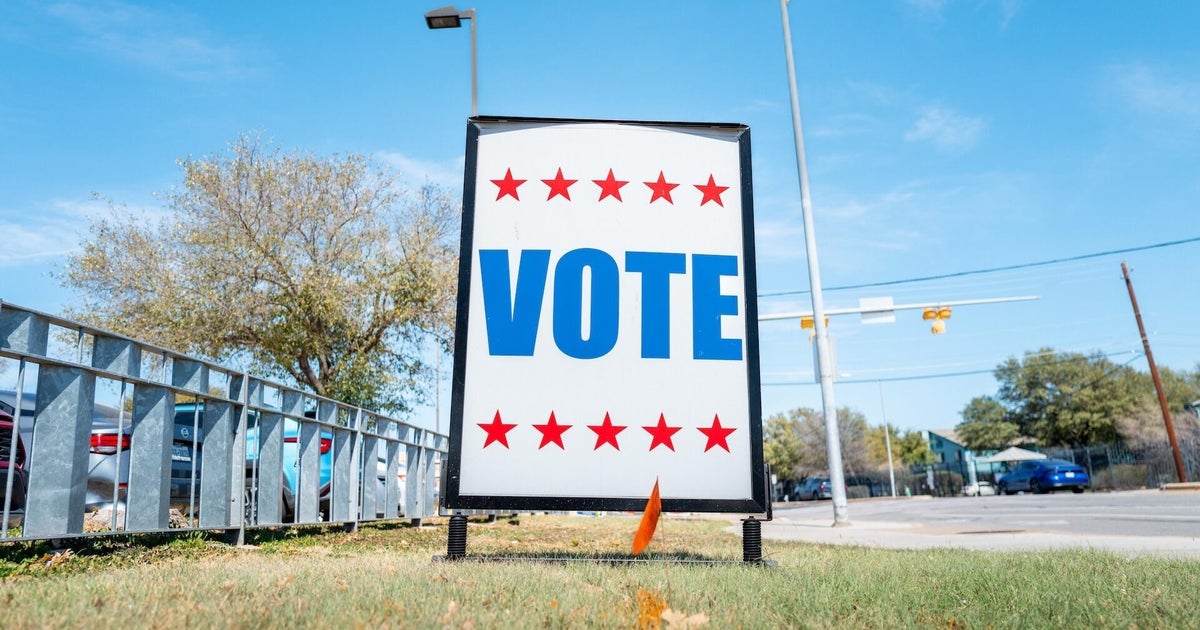 If you're dealing with debt problems, understanding the true implications of a charge-off is essential.
PM Images/Getty Images
If you're dealing with debt problems, understanding the true implications of a charge-off is essential.
PM Images/Getty Images
With costs continually rising and borrowers' budgets stretched to their limits, millions of Americans have found themselves carrying debt that's gone unpaid for months or even years on end. But when creditors stop receiving payments for an extended period, they tend to take an accounting step that can confuse many borrowers: charging off the account. The term, which appears on credit reports and almost sounds like good news, leads some borrowers to believe their debt has been forgiven or canceled.
That terminology itself is misleading, though. A charged-off debt suggests finality, a closing of the books or an end to the obligation. But the reality of what happens to your debt after a charge-off is more complicated than the term implies. The designation may change how creditors classify the debt internally, but that doesn't necessarily mean it impacts the borrower's actual legal obligations in terms of the debt.
For anyone dealing with debt problems, understanding the true implications of a charge-off is essential. So, what powers do creditors retain? Can they still collect on a charged-off account, and, if so, what are your options for resolution? Below, we'll examine what borrowers need to know.
Start dealing with your delinquent debt today.
Can a company still collect on a charged-off account?
Yes, a company can still collect on a charged-off account in most cases, and many will actively pursue collection efforts even after reclassifying the accounts. When a charge-off occurs, typically after 180 days of nonpayment, creditors simply write off the debt as a loss for accounting and tax purposes. This internal designation removes the debt from their balance sheet as an expected asset, but it doesn't cancel the borrower's obligation.
The original creditor may continue collection attempts directly, or, as is common, they may sell the debt to a third-party collection agency instead. These debt buyers purchase charged-off accounts at steep discounts, sometimes for just pennies on the dollar, and then attempt to collect the full amount plus interest and fees from borrowers.
Collection agencies are required to operate under the Fair Debt Collection Practices Act, which establishes rules for contact methods and prohibits harassment, but they can be persistent about trying to collect what's owed. For example, creditors and collectors can file lawsuits to recover the debt within the statute of limitations period, which varies by state and debt type but typically ranges from three to 10 years.
If a creditor wins a judgment, the consequences can be severe: wage garnishment, bank account levies or property liens. Even after the statute of limitations expires, the debt remains valid, though. Creditors simply lose the ability to sue. They can still request payment, and in some states, making even a partial payment can restart the statute of limitations entirely.
Learn how a debt relief expert can help you get your finances back on track.
How to get rid of a charged-off account
While facing a charged-off debt can be stressful, there are several ways to deal with it, including options that may reduce what you owe. Here are the strategies you may want to consider if you're dealing with this issue:
Negotiate a settlement
Debt collectors are often willing to settle for less than the full amount since they purchased the debt for a fraction of its value. You can offer a lump-sum payment (for example, 50% to 70% of the balance) in exchange for marking the debt as settled. If you don't feel comfortable negotiating on your own, you can work with a reputable debt relief company that specializes in negotiating settlements to help you navigate the process.
Request a pay-for-delete
In some cases, you might be able to negotiate a "pay-for-delete" agreement, which is where the creditor or debt collector agrees to remove the charge-off from your credit report once payment is received. Not all debt collectors will agree to this, and the major credit bureaus discourage the practice, but some borrowers have had success with this route. Just be sure to always get any agreement in writing before sending payment.
Explore a debt management program
If you're juggling multiple charged-off or delinquent accounts, enrolling in a debt management program through a credit counseling agency could help. These programs consolidate your unsecured debts into one monthly payment, often with reduced interest rates and fees, while helping you get back on track financially.
Consider professional debt relief
A structured debt relief program can help you settle your debts for less than you owe without the complexity of doing it yourself. These programs work by setting aside funds over time that are used to negotiate lump-sum settlements with creditors. This approach can offer faster relief than making minimum payments or trying to tackle multiple collectors on your own.
Let time work in your favor
If you can't afford to pay or settle right now, remember that most negative marks — including charge-offs — fall off your credit report after seven years. That doesn't erase the debt itself, but it will eventually stop affecting your credit score. During that time, focus on rebuilding your credit by paying other bills on time and keeping balances low on current accounts.
The bottom line
A charged-off account doesn't mean your debt has vanished. It just means the lender stopped counting it as an asset. The debt itself can still be collected, sold or transferred, and ignoring it can lead to ongoing collection attempts or even legal action if the statute of limitations hasn't expired. That said, you're not powerless in this situation. From negotiating a settlement to enrolling in a debt relief program or working with a credit counselor, there are concrete steps you can take to move forward.
Edited by Matt Richardson


















































